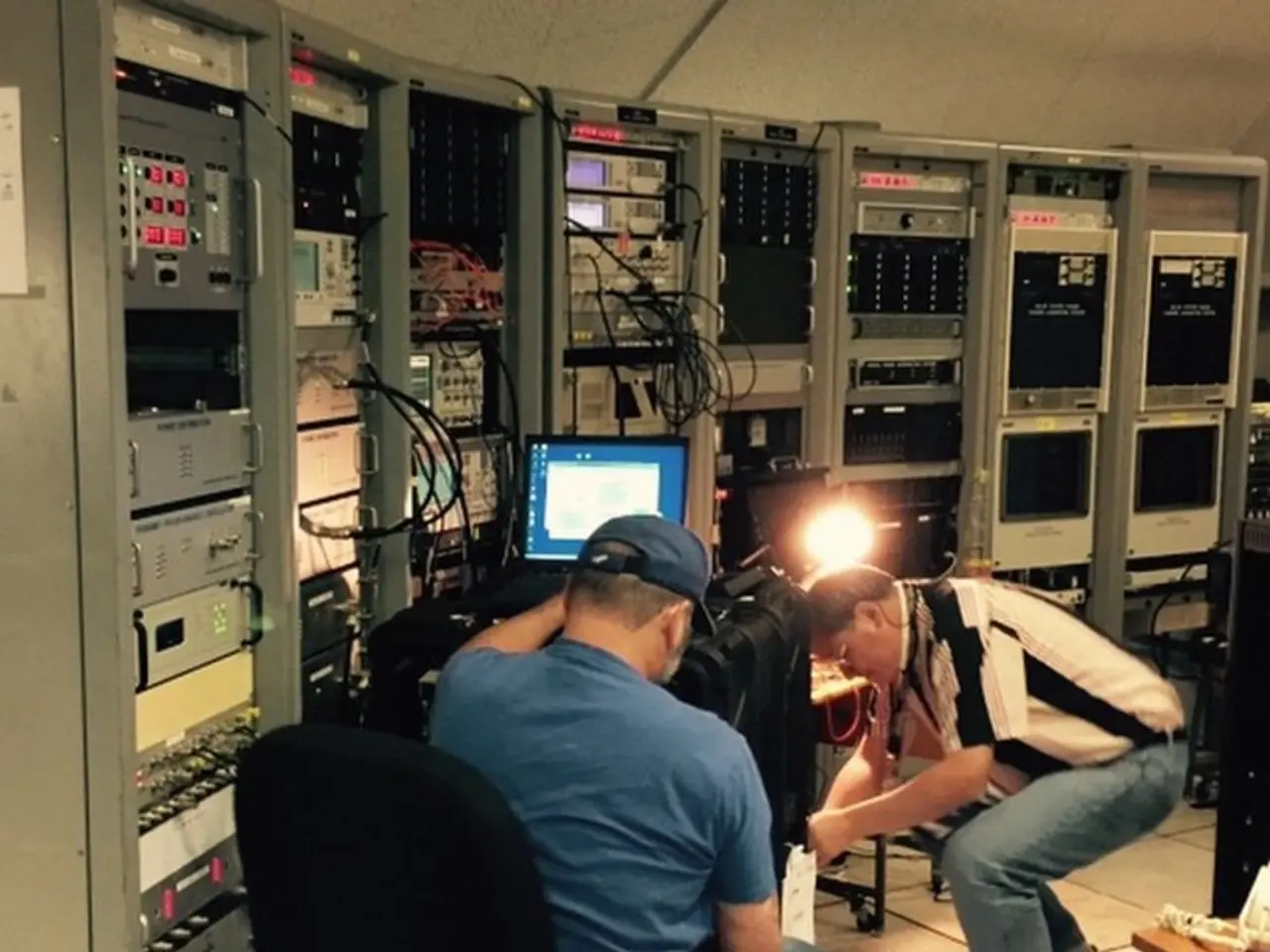Work-from-Home Environments and Neurodiversity: Fostering Inclusive Workplaces
The shift towards remote work has opened up a world of possibilities for individuals with neurodiverse traits, offering a more inclusive and accommodating environment. This article explores the various ways technology, collaboration, and understanding can foster a supportive and productive remote work setting for neurodiverse individuals.
Minimizing Distractions, Maximizing Focus
Implementing software that minimizes distractions and enhances focus can significantly benefit neurodiverse individuals in remote work settings. Tools such as noise-canceling headsets, task management apps, and time-tracking software assist in maintaining productivity and reducing sensory overload.
Promoting a Culture of Appreciation
Promoting a Culture of Appreciation within remote teams enhances collaboration and innovation by acknowledging and celebrating diverse talents and perspectives. Celebrating Neurodiversity Achievements and Contributions fosters a culture of appreciation and recognizes individual strengths within remote teams.
Building a Supportive Community
Creating a supportive community within remote teams is vital for fostering inclusivity and understanding among all team members, including those with neurodiverse traits. Building a sense of camaraderie and mutual support can create a more inclusive and welcoming workspace for neurodiverse employees.
Utilizing Technology for Accessibility
Utilizing technology for accessibility in remote work enhances inclusivity for neurodiverse individuals. Video conferencing platforms with closed captioning and transcription services improve communication, while screen readers, speech-to-text software, and customizable user interfaces support neurodiverse employees in their daily tasks.
Monitoring and Evaluating Inclusivity Efforts
Monitoring and evaluating inclusivity efforts in remote workplaces is essential to ensuring a supportive environment for neurodiverse individuals. Regular reports and assessments ensure that accommodations and support systems meet the specific needs of neurodiverse employees.
Tracking Key Metrics
Tracking key metrics related to neurodiversity initiatives offers quantifiable data on the progress made towards creating inclusive spaces. Utilizing feedback mechanisms and surveys provides valuable insights into employee experiences and highlights any gaps in inclusivity.
Collaborative Efforts for Best Practices
Collaborative efforts between employers, employees, and advocacy groups are likely to lead to the development of best practices and guidelines for fostering neurodiversity in remote work settings. These collaborative efforts can help create a future where remote workspaces are truly inclusive, accommodating, and reflective of the diverse talents and abilities within our teams.
The Promise of the Future
The future of remote work and neurodiversity holds great promise for increased awareness and implementation of inclusive practices. As technology advances, there will be a growing emphasis on creating virtual environments that cater to the diverse needs of neurodiverse individuals.
Leading Companies Pave the Way
Companies like Microsoft, SAP, and IBM have already implemented targeted remote work accommodations and neurodiversity hiring programs, resulting in increased employee retention, productivity, and innovation among neurodiverse staff. By following their lead, other companies can create a more inclusive and productive remote work environment for all employees.
In conclusion, the shift towards remote work offers a unique opportunity to create a more inclusive and supportive environment for neurodiverse individuals. By implementing the right tools, fostering a culture of appreciation, and collaborating with advocacy groups, companies can unlock the full potential of their diverse workforce, leading to enhanced productivity, creativity, and overall job satisfaction for all team members involved.
Read also:
- Peptide YY (PYY): Exploring its Role in Appetite Suppression, Intestinal Health, and Cognitive Links
- Toddler Health: Rotavirus Signs, Origins, and Potential Complications
- Digestive issues and heart discomfort: Root causes and associated health conditions
- House Infernos: Deadly Hazards Surpassing the Flames








